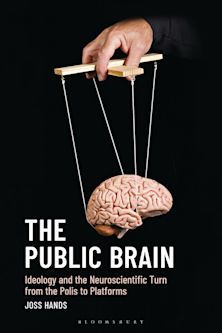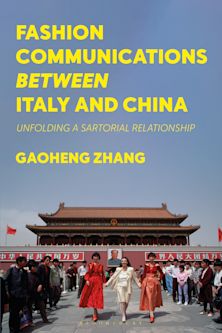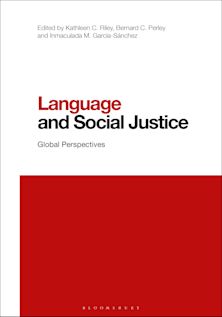UNESCO, Cultural Heritage, and Outstanding Universal Value
Value-based Analyses of the World Heritage and Intangible Cultural Heritage Conventions
UNESCO, Cultural Heritage, and Outstanding Universal Value
Value-based Analyses of the World Heritage and Intangible Cultural Heritage Conventions
Description
This book explores the international legal framework developed by UNESCO to identify and protect world heritage and its implementation at the national level. Drawing on close policy analysis of UNESCO’s major documents, extensive professional experience at UNESCO, as well as in-depth analyses of case studies from Asia, Europe, and Latin America, Sophia Labadi offers a nuanced discussion of the constitutive role of national understandings of a universalist framework. The discussion departs from considerations of the World Heritage Convention as Eurocentric and offers a more complex analysis of how official narratives relating to non-European and non-traditional heritage mark a subversion of a dominant and canonical European representation of heritage. It engages simultaneously with a diversity of discourses across the humanities and social sciences and with related theories pertaining not only to tangible and intangible heritage, conservation, and archaeology but also political science, social theory, tourism and development studies, economics, cultural, and gender studies. In doing so, it provides a critical review of many key concepts, including tourism, development, sustainability, intangible heritage, and authenticity.
Table of Contents
Chapter 1: Theoretical Perspectives on Outstanding Universal Value
Chapter 2: Outstanding Universal Value: International History
Chapter 3: National Constructions of the Past
Chapter 4: Cultural Diversity and Inclusion
Chapter 5: Sustainable Tourism and Development: Realistic Outcome or Wishful Thinking?
Chapter 6: Authenticity and Post-authenticity: Keeping It Real?
Chapter 7: The Intangible Cultural Heritage Convention: Complementing World Heritage?
Conclusion: The World Heritage Convention at 40
Appendix: Nomination Dossiers Selected
Bibliography
Index
About the Author
Product details
| Published | Dec 13 2012 |
|---|---|
| Format | Ebook (PDF) |
| Edition | 1st |
| Extent | 1 |
| ISBN | 9798881854379 |
| Imprint | AltaMira Press |
| Illustrations | 3 b/w illustrations; 9 b/w photos; 1 tables; |
| Series | Archaeology in Society |
| Publisher | Bloomsbury Publishing |
Reviews

ONLINE RESOURCES
Bloomsbury Collections
This book is available on Bloomsbury Collections where your library has access.


































